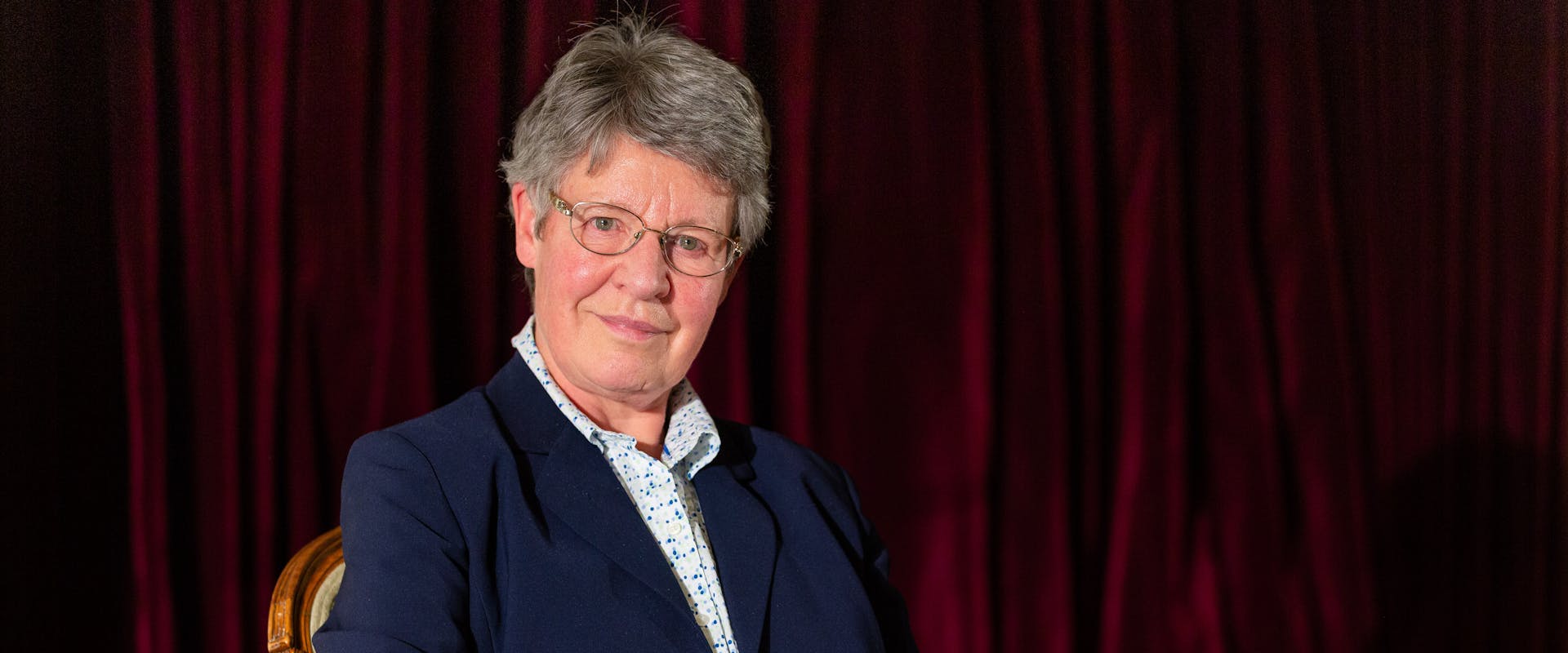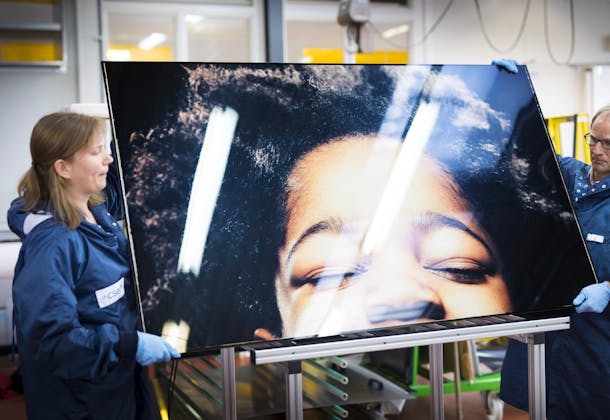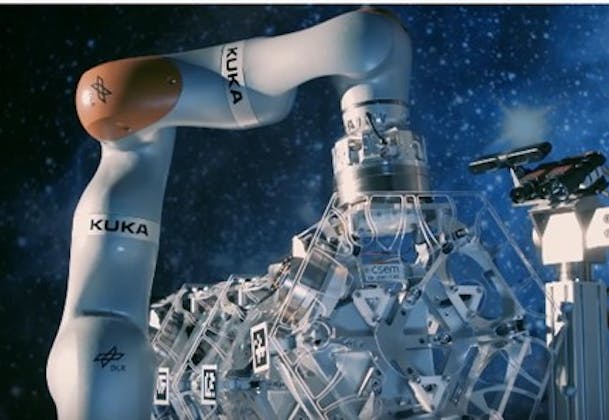November 19, 2021
Dame Jocelyn Bell Burnell
Five prominent speakers will address the issue of diversity in science and engineering at CSEM’s flagship event, Diversity in Science and Tech: Why it Matters? The event, to be held at the Bellevue Palace Hotel in Bern on 24 November, will include a talk by guest speaker Dame Jocelyn Bell Burnell – the British astrophysicist behind the discovery of pulsars.



